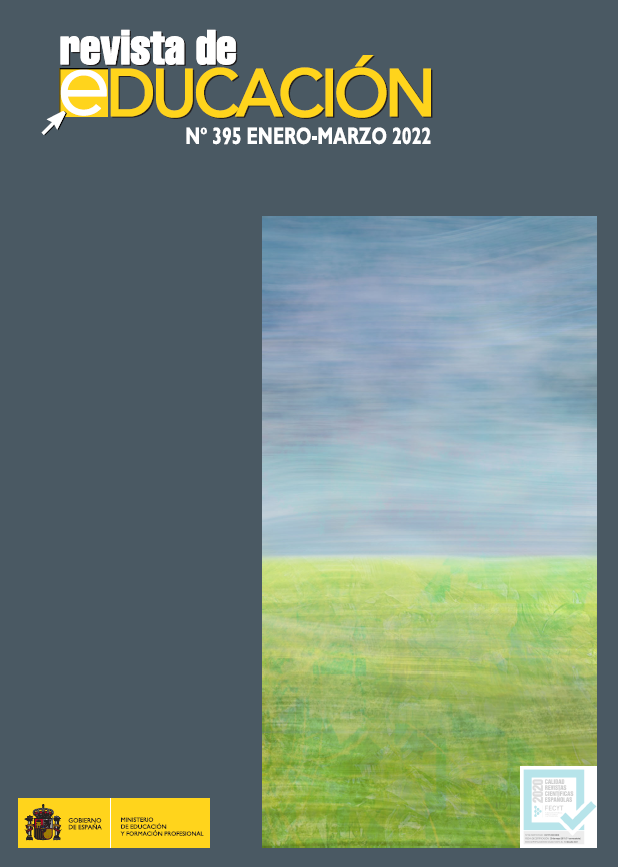The teachers’ Pascalian wager. The reasonable folly of education as a public good
Main Article Content
Abstract
The present paper investigates the idea of the teacher qua public official and, in this capacity, as the major vehicle for the defence of education as a public and common good in the era of the second enclosure, dominated by raging privatization. Interweaving political philosophy and educational theory, it first explores the notions of the commons and the public and their significance for the field of education and then it reconstructs the concept of “public officials” through a re-elaboration of some Deweyan tenets in order to show their role as promoters of public goods. It is argued that for teachers being a public official (in the meaning here elaborated) is not a sociological condition but a constitutive trait of their professional practice and an essential element of their moral centre. Accordingly, in the face of the decline of the public and the challenges engendered by the contemporary global educational reform movement with a neoliberal matrix, this way of being needs to be reclaimed against any demoralization, be it in the form of a Pascalian wager in favour of the reasonable folly of education as a public good.
Key words: teachers, public education, public officials, Dewey, Pascal.

